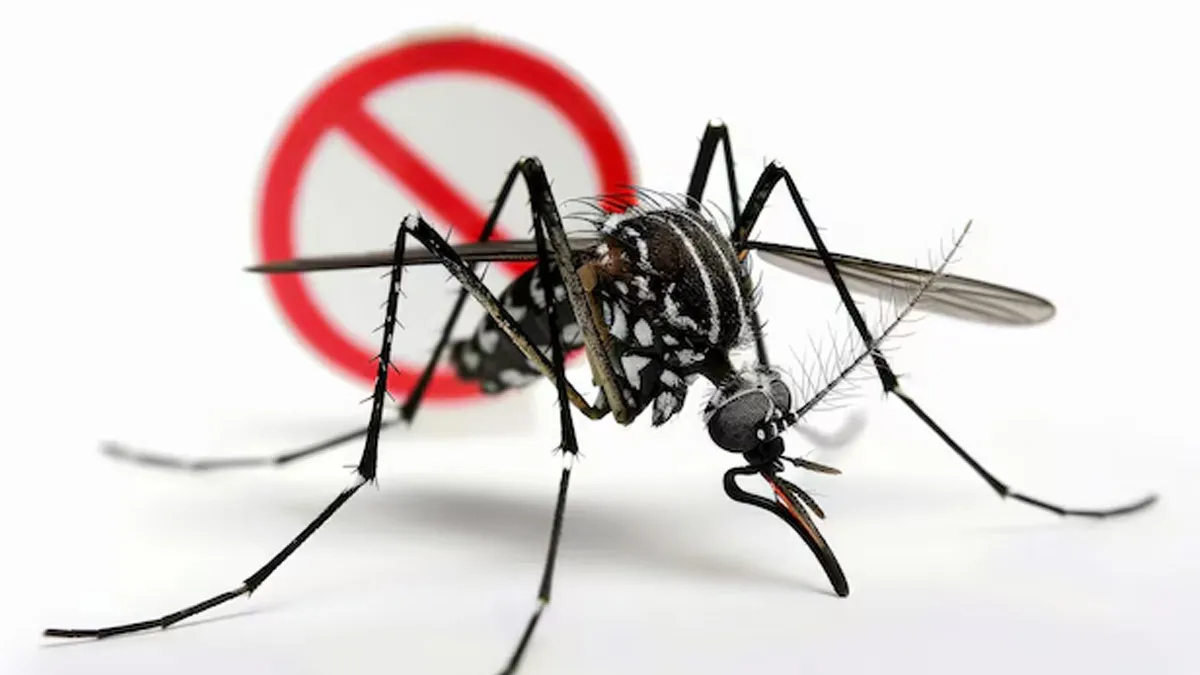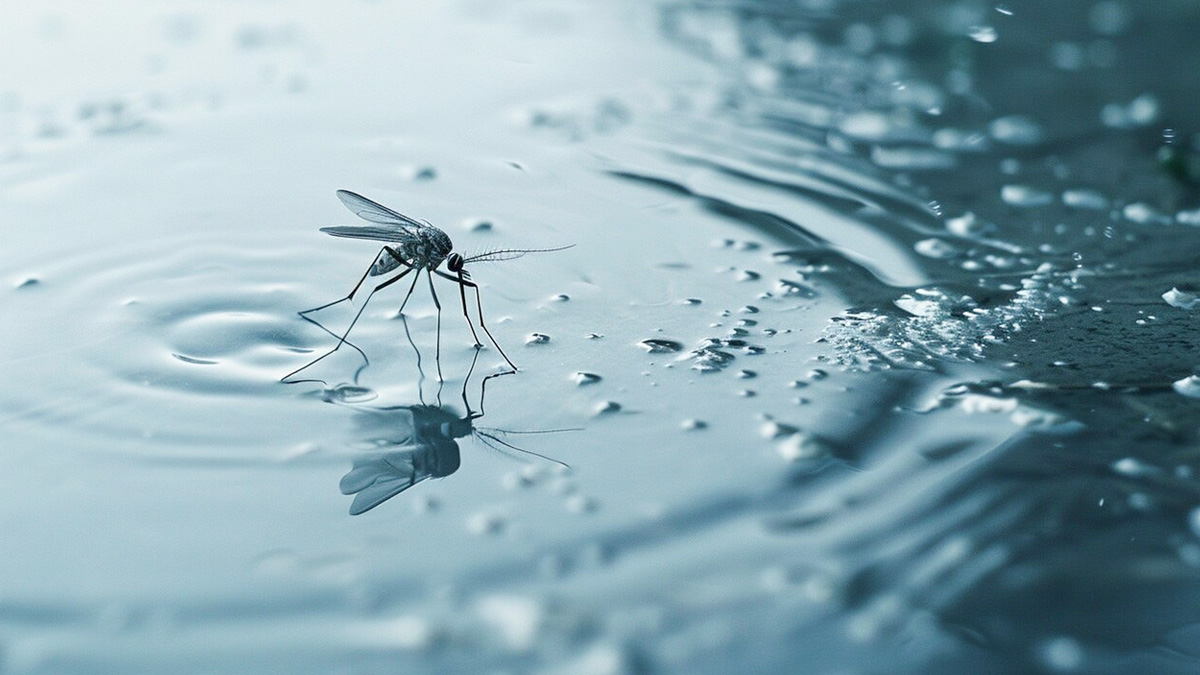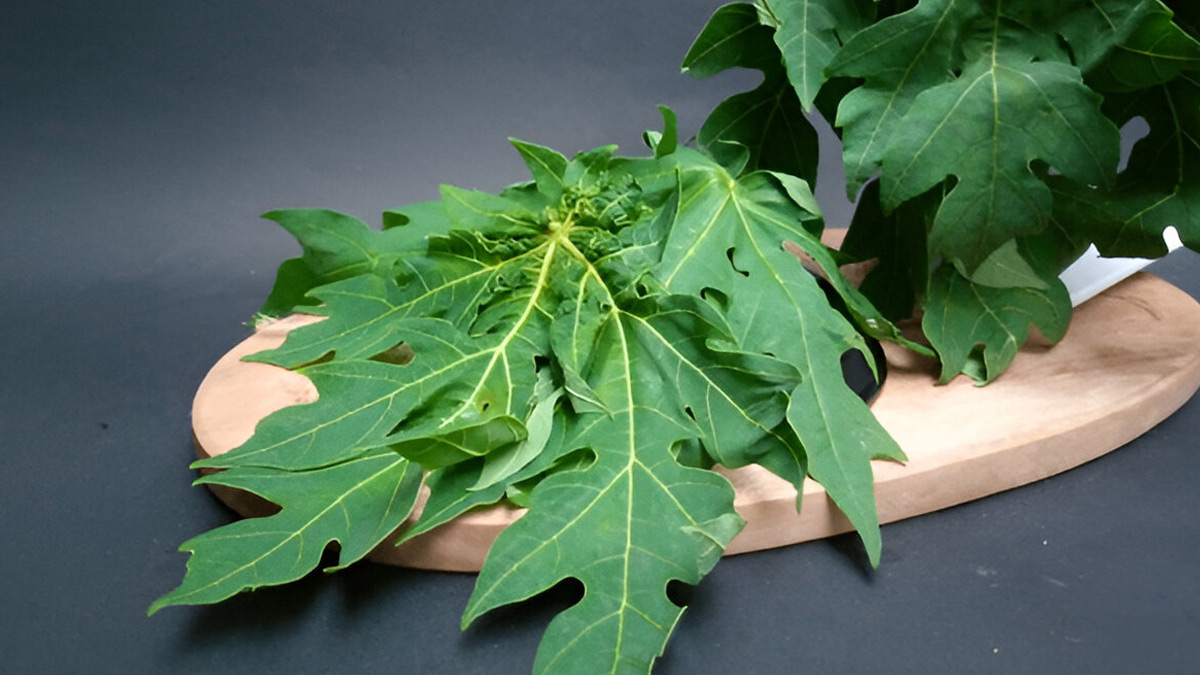
Have you ever wondered why, despite all the mosquito repellents and fumigation drives, dengue still finds its way into homes every monsoon? As soon as the rains hit, we go into overdrive, covering buckets, lighting coils, and avoiding puddles. But here’s the thing: dengue prevention isn’t just about swatting mosquitoes. What we often overlook is how our daily habits, home environment, and even what's on our plate can make or break our body's defence. Your home environment, daily habits, and even what’s on your plate play a surprisingly significant role in prevention and recovery.
Table of Content:-
Home And Diet Fixes To Prevent Dengue
1. Clear the Breeding Grounds

We usually clean water tanks and cover buckets to prevent outdoor water stagnation but skip checking indoors. Aedes mosquitoes love tiny, unnoticed corners, the tray beneath your refrigerator, potted plant saucers, pet water bowls, unused vases, or even water collected in bathroom corners. These are often overlooked breeding sites sitting right inside your home.
How To Fix it:
- Empty and scrub water containers every 2-3 days.
- Do not use decorative indoor plants at home that need constant watering.
- Keep toilet lids closed and bathrooms dry.
- Make sure there is no leakage or puddling around washing machines or beneath sinks.
- Bonus tip: Mix a few drops of neem oil or camphor in stored water – these are said to drive away mosquito larvae.
2. Mosquito-Proofing is a 24x7 Task
Though we normally light coils and apply repellents at night, Aedes mosquitoes are most active in the early morning and late afternoon, making these peak biting times.
How To Fix it:
- Keep windows and doors closed during those hours, especially if your home is near greenery or open drains.
- Use mosquito nets even for daytime sleep (not only at night).
- Install mesh screens on windows.
- Try using natural repellents, such as lemongrass oil, eucalyptus, or citronella diffusers in your house.
Also Read: Malaria vs. Dengue: Understanding the Differences and Protecting Yourself from Both
3. Strengthen Immunity Through Food
The fight against dengue doesn’t end with avoiding mosquito bites. If your body is better equipped to fight infection, you’re more likely to either avoid complications or recover faster. A well-balanced diet plays a huge role in this. A2020 PLOS ONE study showed severe dengue patients given papaya extract had significantly higher platelet counts by day 3 compared to placebo (143% vs 12%).
Foods that help in dengue prevention and recovery:

- Papaya leaves: Papaya leaf enzymes, such as papain aid in raising platelet levels and enhancing digestion.
- Giloy (Guduchi): A traditional Ayurvedic herb that increases immunity, promotes liver function, and eases fever.
- Coconut water and pomegranate juice: Hydrating, rich in essential minerals, and great for blood purification.
- Vitamin C-rich foods: Oranges, amla, kiwi, and guava assist immune function and reduce inflammation.
- Protein intake: Facilitates quicker recovery. Choose easily digestible forms, such as moong dal, eggs, paneer, or curd.
- Avoid: Junk foods, colas or sweetened drinks, caffeine, or fried snacks, which worsen inflammation and delay recovery.
4. Support Your Gut
Post-dengue fatigue and poor digestion are common. Antibiotics or painkillers given during fever can also mess with your gut flora.
How To Fix it:
- Add probiotics, such as curd, kefir, or fermented foods.
- Skip heavy food and have small, regular, light meals.
- Drink constantly as dehydration aggravates symptoms and hampers recovery.
Also Read: Combating Dengue And Malaria: 5 Plants That Can Naturally Repel Mosquitoes
5. Recognise That Environment Matters as Much as Immunity
A single dengue case in your neighbourhood can spark an outbreak, putting others at risk. Collective action and community awareness can play a crucial role in preventing its spread.
How To Fix it
- Encourage your RWAs or apartment groups to fumigate regularly.
- Organise awareness sessions on early signs, preventive care, and recovery nutrition.
- Share checklists to help each household mosquito-proof more effectively.
Bottomline
Yes, dengue is mosquito-borne. However, focusing only on sprays and coils is like treating symptoms without addressing the root cause. Your home, food habits, and hygiene are all part of the prevention puzzle. Dengue prevention isn’t seasonal. It’s a mindset. And the sooner we understand that, the safer we’ll all be.
[Disclaimer: This article contains information for informational purposes only. Hence, we advise you to consult your professional if you are dealing with any health issue to avoid complications.]
Also watch this video
How we keep this article up to date:
We work with experts and keep a close eye on the latest in health and wellness. Whenever there is a new research or helpful information, we update our articles with accurate and useful advice.
Current Version